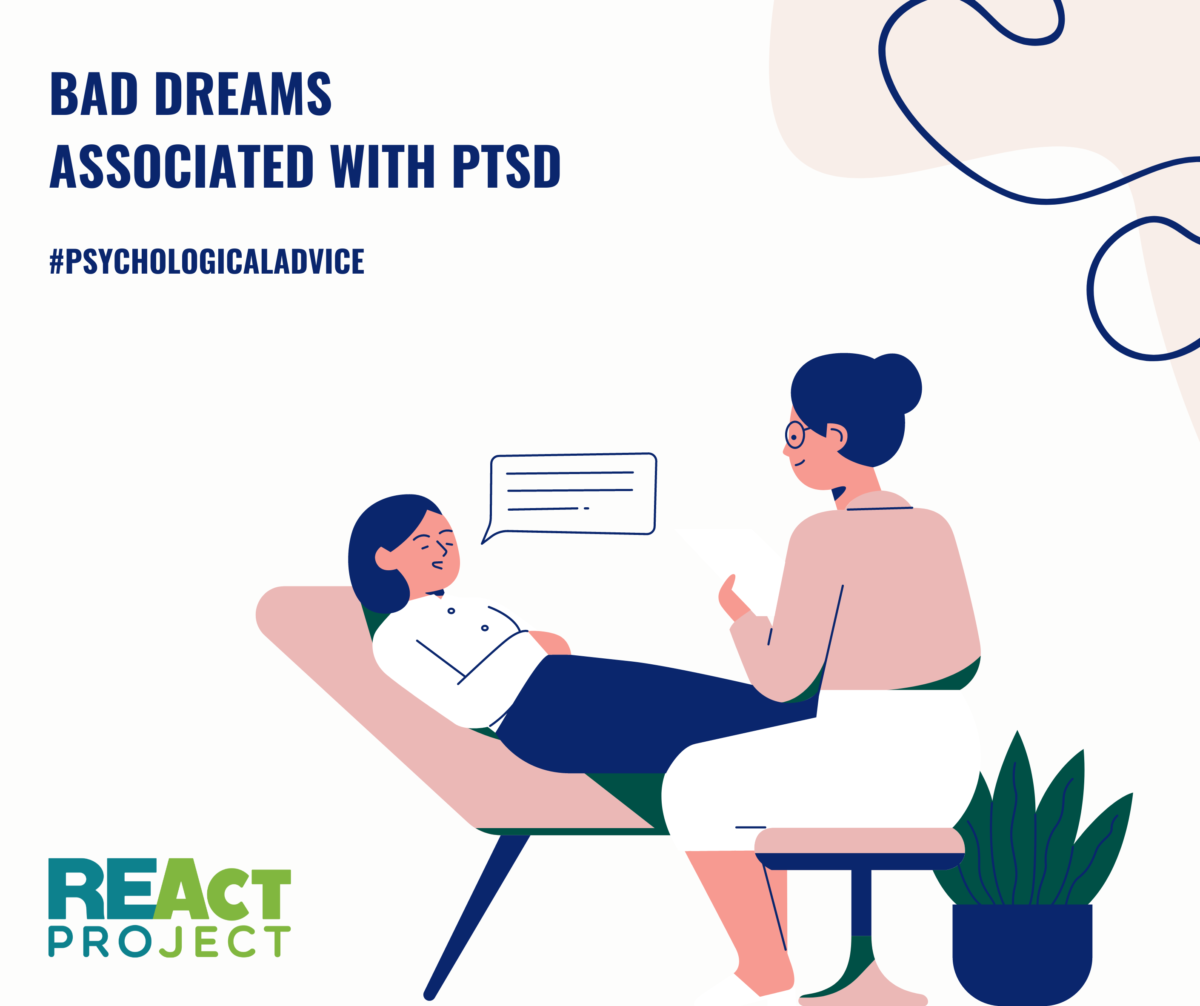One of the most common symptoms of post-traumatic stress disorder (PTSD) is nightmares. Our subconscious often pushes the trauma, trying to give it a way out, but instead, our consciousness blocks it. Only when we relax does the trauma come out.
Try to understand your dreams. Even if you don’t believe they have any specific meaning, don’t dismiss the fact that some types of dreams include details that your subconscious wants you to acknowledge or process. For those who experience recurring PTSD dreams, it is clear that fear and trauma are still at work.
Pay attention to relapses. If a specific place, person, or action repeats itself in all of your dreams, pay special attention to it.
Accept that a dream is not reality. When you wake up from a nightmare, you are often overwhelmed with fear that it will come true. With the help of sleep, the psyche tries to cope with the problems left over from the trauma. Focus on the steps you have already taken. Work through the steps you need to take to get well.
Small, simple, but important tips that will help overcome bad dreams:
- Determine what you are really afraid of. Who/what is causing this fear?
- Face your fears. Maybe you need to return to that place and realize it can’t hurt you anymore. Perhaps the action in a dream is something against which you feel defenseless, and you need to learn to defend yourself: for someone, it is to take a self-defense course, for others – to learn to swim or to overcome one of the fears. If it is an individual, different scenarios may be involved. Sometimes you need to meet a person and share your feelings literally. In other cases, take legal action. Sometimes you need to move to a place where they are no longer a threat in your life. Sometimes it’s all together.
- Keep a dream diary. After a nightmare, take the time to write down the details. If you often experience repetitive details in your dreams, try to analyze and resolve why they are always a part of your nightmares. This is an excellent method to learn what causes fear and how to deal with it.
- Identify your triggers. Think about when exactly you see unpleasant dreams. If they occur only periodically, it is most likely provoked by certain things in your everyday life. Start observing, taking notes, and making changes to help eliminate triggers from your life.
- Seek professional advice. This is a crucial step in dealing with PTSD, specifically nightmares. In addition to having an objective side to help you sort things out, you can find confidence in sharing your experience with someone you’re not close to. Professional psychologists and psychotherapists will be able to offer you other proven methods to alleviate your condition. Any appointments should only be made by professionals based on your specific situation.


